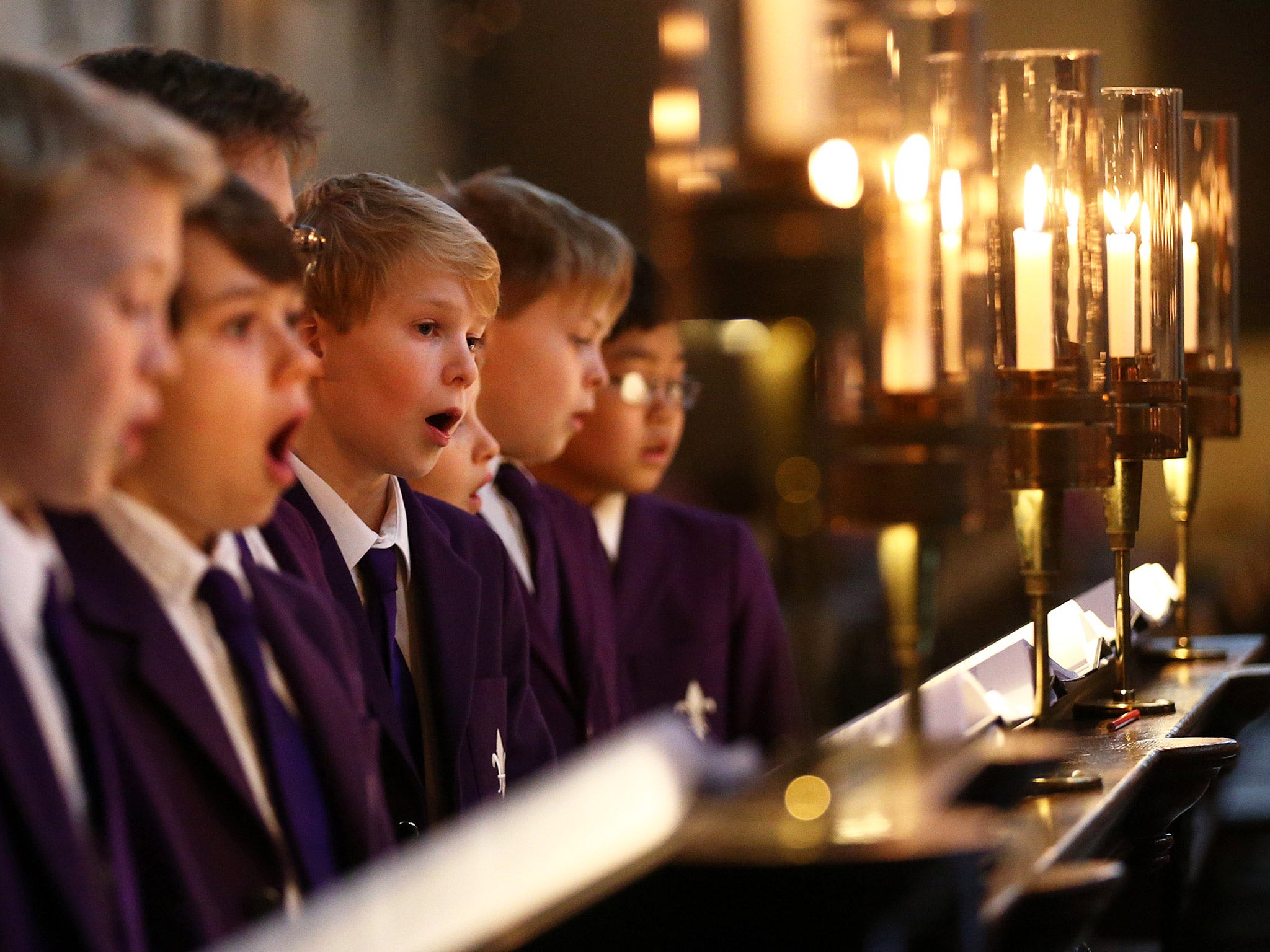Faith schools accused of 'religious racism' for turning away pupils
Rabbi says closing the door to children over race would be ‘intolerable’ but religious segregation is permitted

Faith schools have been accused of adopting an approach bordering on “religious racism” by turning away pupils simply on the grounds of their religion.
Rabbi Dr Jonathan Romain told a conference it would be “intolerable” if schools were to close the door to pupils because of their race - yet it was permitted to segregate them on religious grounds.
Dr Romain, chairman of Accord - the group which campaigns for equal access to faith schools - said it meant you had “Hindus over here, Muslims there and Catholics over there”. “It is almost religious racism,” he added.
He was speaking at a conference organised by Westminster Education Forum as a group of 15 organisations - including teachers’ unions, Hindus , Muslims, Christians, Lib Dems and Greens,- wrote an open letter to Education Secretary Nicky Morgan urging her to retain the 50 per cent limit on the religious selection of pupils attending free schools.
In an interview with The Independent, Nick Timothy, chief executive of the New Schools Network - the charity which supports free schools, urged Ms Morgan to scrap it to bring a boycott of the free school programme by the Catholic Church to an end.
The 15-strong group argue, instead, that the cap should be extended to all state schools - to avoid the spectacle of pupils being turned away on grounds of faith.
“Abolishing the cap would be an astonishingly regressive proposal and pander to those who wish to isolate pupils of their faith from wider society,” the letter adds.
“It also ignores the reality that faith-based free schools have managed successfully with it and have found they have been able to both maintain their identity and be open to children from other backgrounds.”
Dr Romain told the conference that faith schools’ admissions criteria which judged a child on whether their parents attended services, sang in a choir or did flower arranging was “edging selection towards parents who have the time or nous to go in for such leisure time activities”.
“It tends to reflect a certain income or educational level in those parents and puts them in a certain socio-economic background,” he added.
Figures showed that schools with no religious character admitted five per cent more pupils on free school meals - whilst Church of England Schools admitted 14.5 per cent fewer, Roman Catholics 27.6 per cent fewer, Muslims 27.8 per cent fewer and Jewish schools 63.4 per cent fewer.
“Church and faith schools do have powers to accept/turn away children on religious grounds that would be illegal in any other state-funded body - hospitals, swimming pools, you name it, unthinkable,” he added. “The only reason it happens is because of an exemption clause in the Equalities Act ... although these discriminations may be legal, are they moral?”
Paul Barber, director of the Catholic Education Service, said: "None of our schools have any admissions criteria relating to flower arranging or choirs or anything like that.”
He added that Catholic schools had a greater proportion of pupils from ethnic minority groups - 32.2 per cent compared with 30.4 per cent nationally. “Significantly more pupils in our schools live in the most deprived areas,” he added.
In his interview with the Independent, Mr Timothy argued that the 50 per cent of pupils from the same faith as the school was “deterring good providers from entering the system”.
However, the Department for Education argued its free school policy “helps to tackle segregation and ensures that young people will experience the diversity or religious beliefs that make up modern Britain”.
Subscribe to Independent Premium to bookmark this article
Want to bookmark your favourite articles and stories to read or reference later? Start your Independent Premium subscription today.
Join our commenting forum
Join thought-provoking conversations, follow other Independent readers and see their replies